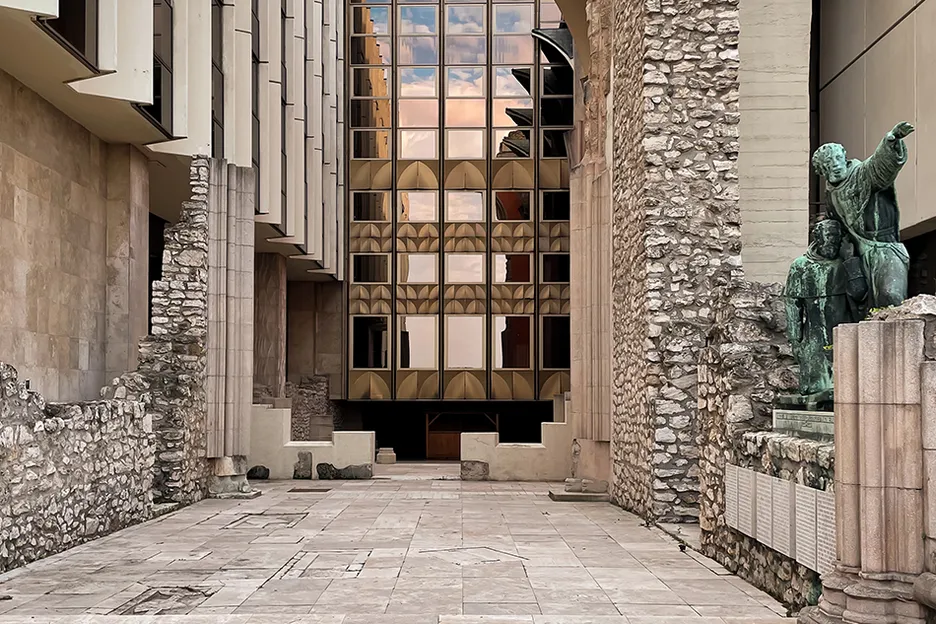“Modern architecture in historic ensembles and monuments”: Hungarian contributions to the evolving international discourses, 1931-1975

After the destruction of modern warfare, reconstruction and conservation underpinned the architectural discourses globally. The shared experience of destruction also provided an impetus for transnational cooperation on the conceptualisation of the relationship between modern architectural solutions and historical morphology. The second half of the 20th century was instrumental for the codification of conservation guidelines into international charters. Compared to these charters, the discourses which international conferences facilitated between professionals across the globe have been in a historical obscurity thus far. Despite the political climate of the Cold War, architects and conservation professionals from the former Eastern Bloc were actively participating in international theoretical debates. This project will trace the evolving international discourses on modern architecture in historic ensembles and monuments from the First International Congress of Architects and Technicians of Historic Monuments held in Athens in 1931 to the Third ICOMOS General Assembly held in Budapest in 1972 and identify the extent to which Hungarian architects participated in these discussions. The chief underlying objectives of the study are to highlight the value of international professional encounters, introduce a hitherto little-known smaller actor perspective to the body of knowledge and promote a more wholistic research approach which integrates conservation theory and ethics into architectural history accounts of the period.
Helka Dzsacsovszki, M.A. Hons. (Arch. History), M.Sc. (Arch. Conservation) University of Edinburgh
seit 2021